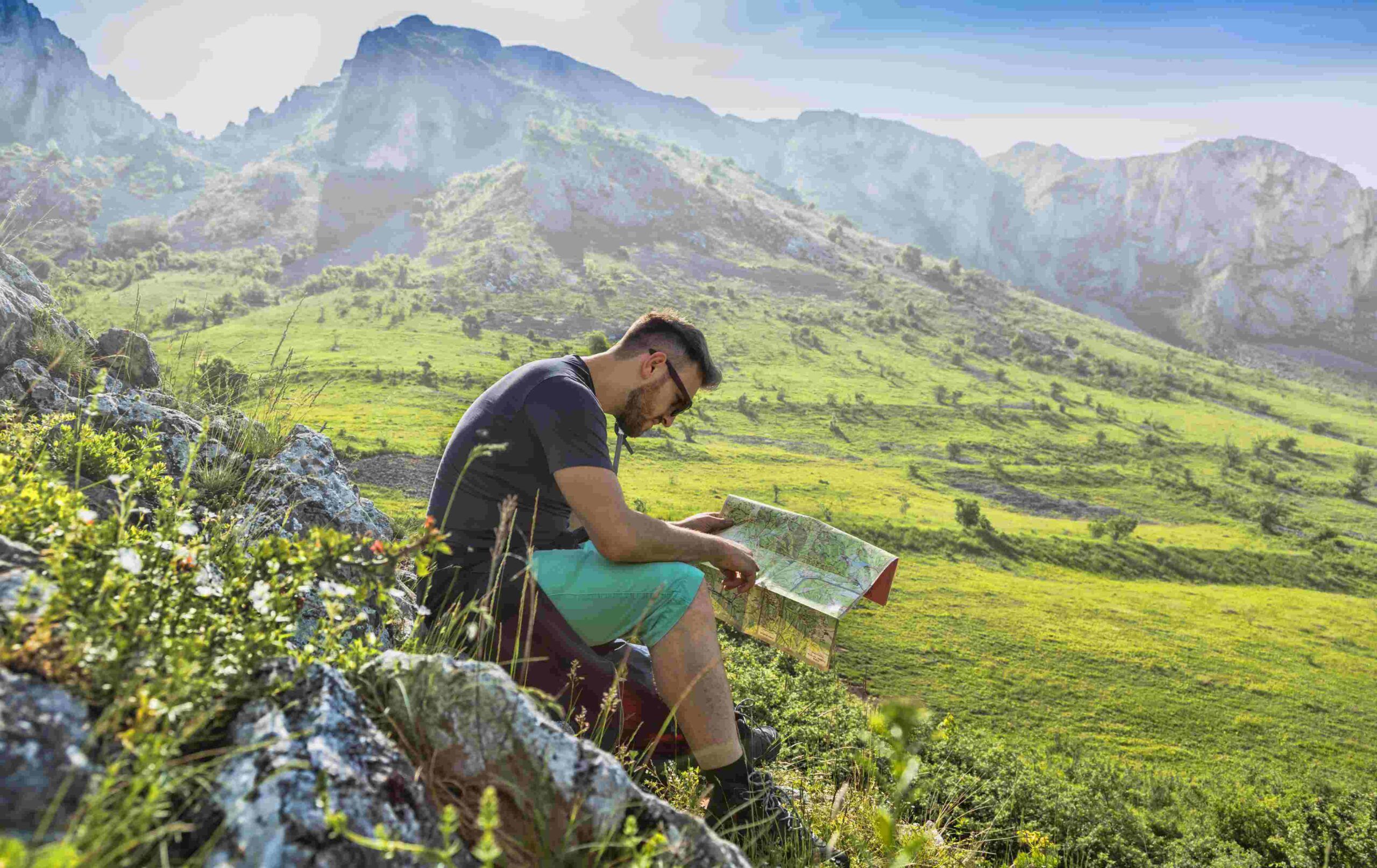We work with eco-friendly transport providers, promote walking and cycling tours, and encourage guests to offset their emissions. We also use energy-efficient office tools and recommend accommodation powered by renewables.

Sustainable Travel Agency
Travel Responsibly—Support Romania’s People & Places
At Rolandia, we believe that tourism should preserve and enrich the places we visit. That’s why we’ve become a sustainable travel agency and embedded sustainability into everything we do — from protecting the environment to supporting local communities and economies. Our Sustainability Policy guides this commitment, helping us develop responsible travel experiences that bring long-term value and attract travelers who care about making a positive impact.
Our Sustainability Commitments

Environmental Responsibility
Reduce carbon footprint
Waste management
We avoid single-use plastics on our tours and support reusable alternatives. Our partners follow recycling programs, and we operate paperless through digital tickets and communication.
Responsible water use
We promote accommodations with water-saving systems and raise awareness among travelers about responsible water use, especially in water-scarce areas.
Wildlife and nature protection
Our tours include visits to ethical wildlife sanctuaries and protected areas. We strictly avoid activities that harm animals or disturb their natural habitats.

Cultural Preservation
Support for local communities
Our tours prioritize local guides, family-run accommodation, and traditional artisans, ensuring that tourism benefits the local economy.
Authentic experiences
We offer experiences that allow travelers to engage with Romania's rich cultural heritage in a respectful and meaningful way.

Economic Sustainability
Local partnerships
Collaborating with local businesses ensures that tourism revenue stays within the community, promoting economic growth.
Fair employment practices
We are committed to fair wages and working conditions for all our partners and staff.

Traveler Education
Responsible tourism guidelines
We provide travelers with information on how to minimize their environmental impact and respect local customs.
Awareness campaigns
Through our platforms, we promote awareness about the importance of sustainable travel practices.
Certifications and Recognitions



Travelife Partner
Rolandia is proud to be a Travelife Partner, reflecting our commitment to sustainability and corporate social responsibility.



ROVIS Member
As a member of the Romanian Association for Sustainable Tourism (ROVIS), we redirect 10% of our profits to projects that support the sustainable development of Romania. All projects support the local communities and ecosystems following the UN Sustainable Development Goals: https://ro-vis.org/
How You Can Travel Sustainably with Us
Choose eco-friendly tours
Opt for our tours that emphasize sustainability, such as rural experiences and nature-focused itineraries.
Support local
Purchase souvenirs from local artisans and dine at locally owned restaurants.
Respect nature and culture
Follow the guidelines provided by our guides to ensure that your trip has a positive impact.

Curious about Romania?
Your adventure in Romania starts with a message—contact us now and let’s create the perfect itinerary for you!
